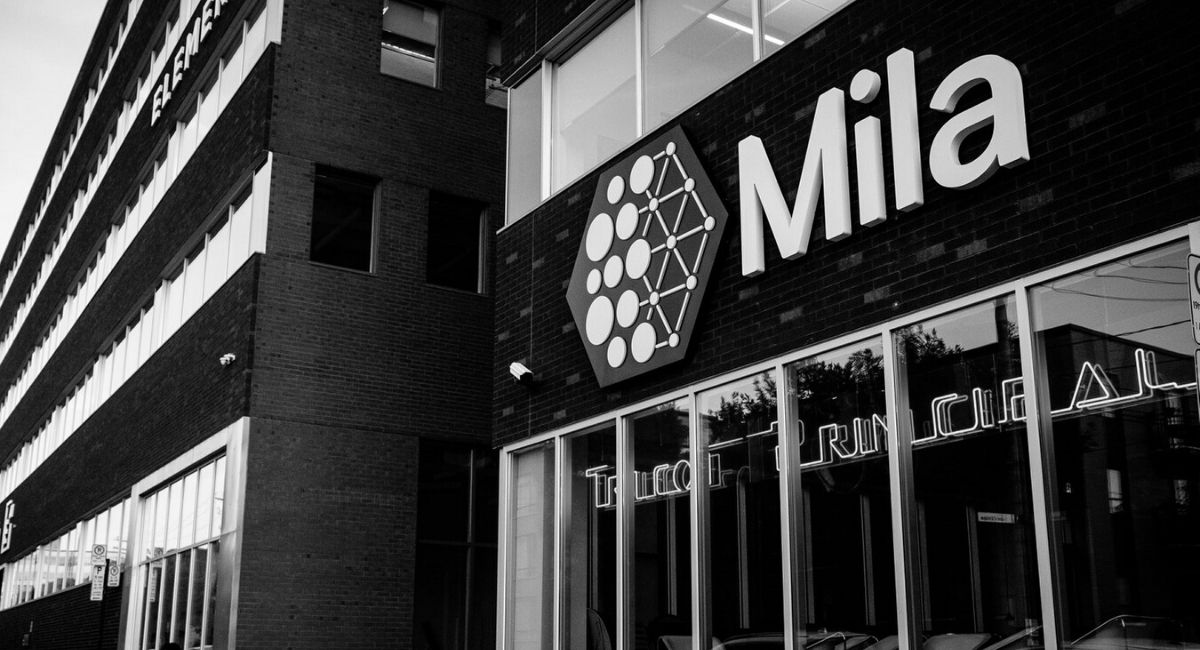
The Montreal AI Ethics Institute Releases an Analysis of COVI, Mila’s Contact Tracing Application
The Montreal AI Ethics Institute (MAIEI), an international, non-profit research institute published its official response to the white paper released by Mila concerning its contact tracing application COVI, which was developed in response to the COVID-19 Contact Tracing Initiative launched by Public Health Ontario and the Canadian Ministry of Health.
COVI was developed by Mila to help combat COVID-19 by informing individuals of their risk of being infected with the virus. Mila claims the application would empower citizens to make informed decisions about their movement and allow for a data-driven approach to public health policy, while also ensuring data is kept private from governments, companies, and individuals.
However, Mila makes several claims in its recently published white paper about COVI that the MAIEI believed it needed to address directly, particularly as governments urgently search for strategies and tools to maintain, limit, and prevent the spread of COVID-19. In its analysis, the MAIEI response explores:
- The extent to which diversity has been considered in the design of the application
- The assumptions surrounding users’ interaction with the application as well as its utility
- The unanswered questions about transparency, accountability, and security regarding the application
MAIEI hopes that by addressing the issues outlined above, it will begin a meaningful, constructive dialogue about COVI, as well as other existing and forthcoming contact tracing applications. In order to stop the spread of COVID-19, these applications must not only be effective but also maintain the privacy and confidentiality of their users. Unfortunately, COVI as currently proposed is too vague regarding these issues.
To learn more about MAIEI’s analysis of COVI, access the full article here.
Follow MAIEI’s work on Facebook, Twitter, and Linkedin, as well as through our newsletter and at montrealethics.ai.
About the Montreal AI Ethics Institute
The Montreal AI Ethics Institute (MAIEI) is an international, non-profit research institute dedicated to defining humanity’s place in a world increasingly characterized and driven by algorithms. Founded by Abhishek Gupta and Renjie Butalid in 2017 and led by a team of experts in machine learning, philosophy, ethics, innovation, and more, the MAIEI creates tangible and applied technical and policy research in the ethical, safe, and inclusive development of AI. The Institute aims to build public competence and understanding of the societal impacts of AI and to equip and empower diverse stakeholders to actively engage in the shaping of technical and policy measures in the development and deployment of AI systems. Learn more here.
For interview requests, contact Mo Akif (Director of Communications) at [email protected]
